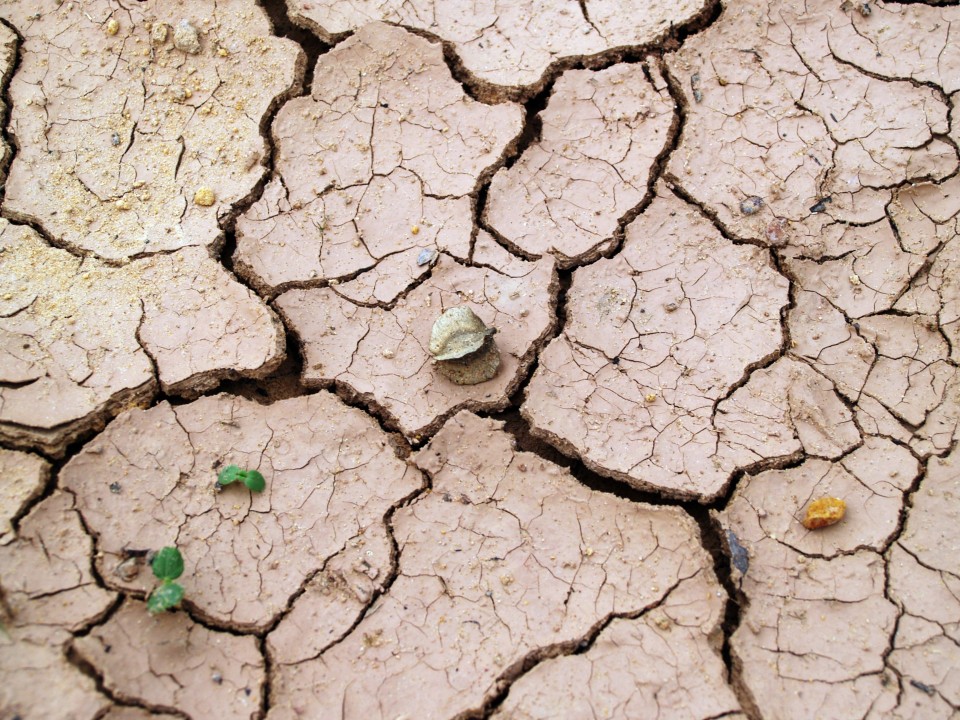Why?
I am writing this piece with a growing feeling of unrest. We are going through a difficult time and that is a massive understatement. And there are many questions racing through our heads. The most important one is: why did this have to happen?
Spring is coming to Belgium and instead of enjoying the sun’s caresses on our pale faces, we have to stay locked in. And if we go outside we see people as potential germ carriers. The last time I was walking like this through the streets, so present and conscious, was after the terrorist attacks in 2016. I remember I was in the Brussels metro watching the behavior of others. We all were weary. And now we are weary again.
We Are Not Prepared
Maybe we have become complacent. It’s not that we did not know a pandemic could happen. We had AIDS, Ebola, Sars, Mers, the Mexican Flu. But did we invest in building systems that could help us fight those pandemics? If we did, it was not enough, apparently. Neither the health care systems nor the population were prepared. And I am lucky to live in Belgium that has a strong health care system. In many countries many people have no health care plan.
The Future
As the economy grinds itself to a standstill, we must look at the future consequencies. Let’s face it, after the health risis we will have to cope with the economic crisis.
If organizations want to recover fast, they will want to cut costs. And we know what they means. Many organizations will start cutting costs and laying off people? Or will they stick to their creed that people are the single most important asset?
Will organizations start cutting costs and laying off people? Or will they stick to their creed that people are the single most important asset?
Sustainability as Prime Directive
With the financial crisis I saw a graph that showed that organizations who did not lay-off people, bounced back faster and higher. And it is clear why. When an organization decides to lay-off their people, they lose talent, destroy trust. It destroys value. How organizations treat their people has become more important than ever. And those who stay in the organization will never forget how their colleagues were treated.
So what?, people might think. Such is life. Laying off people is a normal reaction in dire times. Well, I tend to disagree. First, we should never see this as normal. Banalising this leads to a numbing. Let’s not forget the devastating effect a dismissal has on people. Second, we must ask the question what would happen if organizations could be loyal and hang on to their people, even with declining profits. It creates brand equity. It creates loyalty. Organisations who balance performance expectations with social responsibility will eventually win.
Organisations who balance performance expectations with social responsibility will eventually win.
Forget the Year
There are two circumstances: either the organization is doing well or it is not doing well. In the former case it’s of course easier. If the organization has built profits and increased its equity, a part of that value can be used to keep people on board. Let’s not try and save the year by slashing costs and jettison people. Maybe we should just forget the year. And forget it ends in December 2020. Let’s see 2020 and 2021 as one season. We can skip the Soccer Games. We can annul cycling events. So, let’s skip the year and do not do foolish things because it is supposed to end on an arbitrary date.
Maybe we should just forget the year.
What about the investors? They will never be willing to accept lower profitability within the year. If that would be the case, I’m asking myself if they are blind or asocial. Not so long ago, there was an impressive group of CEOs saying that purpose should fo before profits. Well, now is the time to make that happen. Leadership will be sustainable when it takes the interests of all stakeholders into account.
So let’s – for once – look at the long term and integrate the interests of all stakeholders.
Leadership will be sustainable when it takes the interests of all stakeholders into account.
When it Goes Wrong
In the other case, when the organization is not in good shape, we need to act carefully. The covid19 crisis might be the final blow for some businesses or sectors.. There are many tools (Chapter 11 type) that we might use to protect these industries from collapsing. We might expand them by opening credit lines, postponing payment of debts, … I’m sure the financial sector could come up with solutions, helped by the governments.
No doubt there will be organizations or maybe even industries that will collapse. And some will say that this crisis will weed out the weaker organizations to give space to the stronger. Of course we should not invest in Zombie companies. But let’s not apply this economic Darwinism on the people who work for thriving organizations.
From Loss to Win
2020 is a lost year. If you look at it from an economic growth perspective. But let’s see if we can use that loss and try to build a win. When we have left this behind us, we might have built resilience, developed new capabilities, simplified life. If this is the case, the year is not lost, but won.
My thoughts go out to those who have lost a relative or a friend in this pandemic and to those who are still fighting for their lives. For them it is a year of loss, and nothing will make it into a win.
_____________________________
David Ducheyne is the founder of Otolith. Otolith focuses on the helping organizations get better results by focusing on the human side of strategy execution. He is also the author of “Sustainable Leadership. How to Lead in a VUCA World”.

